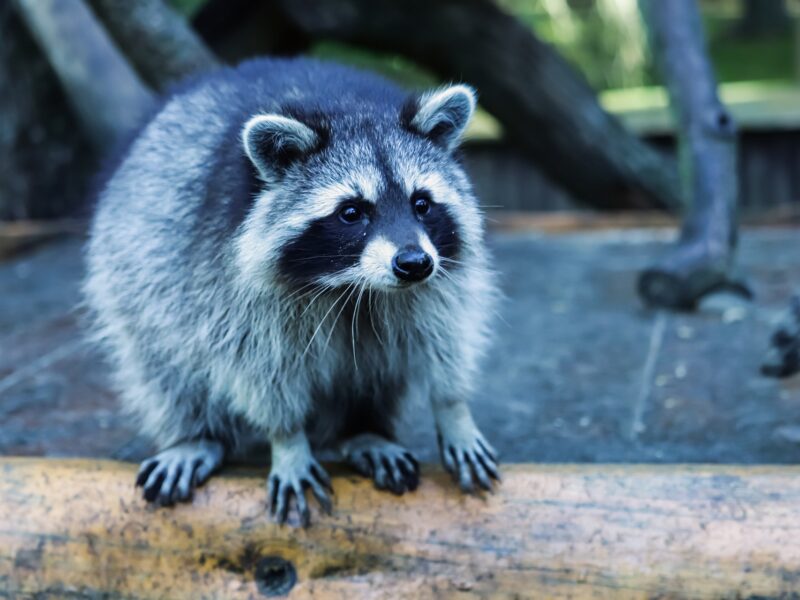


TORONTO – A devastating study has revealed that humans are to blame for the one million species at risk of extinction in the next few years, while you are personally to blame for the thirty-pound raccoon on your balcony that continues to thrive.
The planet’s biodiversity is in decline as a direct result of human activities including deforestation, overfishing, bushmeat hunting and poaching, climate change, pollution, single-use plastics, industrial farming, poisoning water supplies, fracking, oil spills and invasive alien species. While those might seem like devastating opponents to the average orangutan, the raccoon in your midst has never experienced suffering of any kind. Under your unintentional care, its confidence level has grown to that of an apex predator with the instinct to outlast your tenancy.
“It’s a remarkable specimen,” notes animal behaviourist and helpless neighbour Rachel Grenberg. “This raccoon has developed the ability to sense empty threats and knows you are incapable of follow-through.”
Scientists warn that the calamitous effects on biodiversity may never be undone and they threaten every ecosystem across the planet. You hoped a new lockable garbage bin would save you but the raccoon developed the dexterity of an apprentice locksmith and has been bulking up on leftover Dominos for the last four months. Toronto raccoons in particular seem to have evolved beyond a fight-or-flight response and now react with feed-or-fight, a disturbing adaptation that causes them to furiously snarf down their meal as you watch or own your bipedal ass in a one-on-one brawl.
While the life-altering impact of climate change may linger over your ability to plan for the future, your balcony will serve as the breeding ground for generations of racoons evolved to show up right when your company arrives. Without any serious predators in the downtown core, it is likely this lineage of raccoons will only gain allies with fellow “urban pests” including a pigeon air force, a cockroach army and street canvassers on every block.
“That raccoon has just as much a right to live there as you do, “ says Edgar Duggins, whose outdoor cat mauled a family of house sparrows during our interview. “We all gotta do our part to help the planet and pick what critters get to join us for the last days of mankind.”
The study suggested that you should start saying your goodbyes to the polar bear as early as Spring 2020, but would like to give special recognition to your kitchen sink for tripling the fruit fly population this summer.


